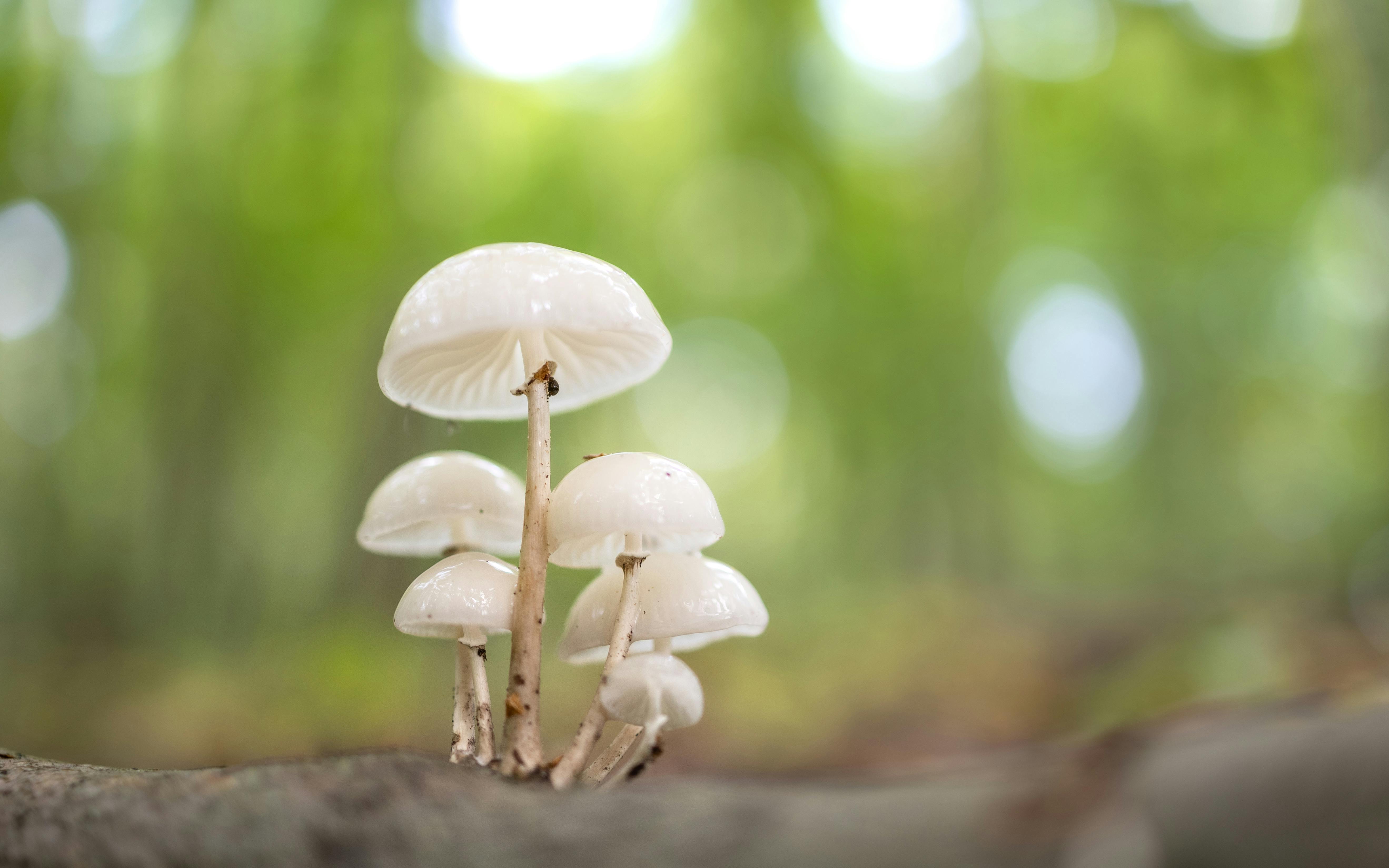Apply Now
Top 5 Rabbit Resistant Plants for Your 2025 Garden
Understanding Rabbit Behavior in Gardens
Rabbits are charming yet voracious foragers that can severely damage gardens. When planning a garden, recognizing their feeding habits is crucial. Rabbits are more likely to munch on tender, young plants, preferring sweet, juicy vegetables, and perennial flowers. Plants that they tend to avoid include those with strong scents, tough textures, or unpalatable tastes.
Considering this behavior leads to better garden design choices. For instance, tall growing plants can shield shorter ones from rabbit attention. The integration of rabbit resistant plants is not only a decorative solution but a strategic approach to minimizing garden disruptions. By focusing on varieties known to withstand rabbit nibbling, gardeners can create colorful, resilient landscapes that charm both humans and wildlife.
Top Rabbit Resistant Flowers
When choosing flowers that rabbits are less likely to eat, it's good to prioritize resilient options. **Marigolds** are one of the most effective rabbit proof flowers due to their strong scent which repels many pests. **Lavender** is another fragrant option; its aromatic oils deter rabbits while attracting beneficial pollinators. **Geraniums**, particularly those with a strong fragrance and hairy leaves, are known to be quite unappealing to rabbits.
Incorporating these flowering plants can enhance the aesthetic appeal of your garden while working as a natural deterrent. Planting in clusters not only makes a striking visual impact but also helps in amplifying the deterrent effect. This integration also opens up dialogues around effective plant barriers against rabbits.
Annuals Resistant to Rabbits
For gardeners looking to add color and vibrancy without attracting rabbits, selecting annuals like **Zinnias** and **Snapdragons** can be effective. Zinnias are resilient and bloom throughout the season while being notably undesirable to rabbits. Snapdragons, with their tall spikes and variety of colors, thrive despite rabbit presence.
Combining these annuals in flower beds not only beautifies your garden but also provides a vibrant refuge from rabbit invasions. Keeping the soil healthy and weed-free around these plants can improve their growth and bolster their resistance against unwanted herbivores.
Utilizing Shrubs that Repel Rabbits
With a diverse range of shrubs to choose from, selecting varieties that repel rabbits can protect decorative landscapes and vegetable gardens alike. **Barberry**, for example, displays thorny branches that deter rabbits from the area. Meanwhile, **Spiraea** species present aromatic foliage, making them less attractive for munching.
These versatile shrubs are not just effective at repelling rabbits; they can also offer structure and depth to garden designs. Strategic positioning near gourmet gardens can help safeguard your vegetables and herbs, perfectly combining beauty with function.
Native Plants Rabbits Ignore
Utilizing native plants is a sustainable and environmentally friendly approach to garden design. Many native species have co-evolved with local wildlife, resulting in habits that discourage rabbits. **Coneflowers** and **Black-eyed Susans** are well known for surviving the nibbling habits of rabbits while providing vibrant color and attracting beneficial insects such as bees and butterflies.
Incorporating native plants that rabbits tend to ignore ensures landscape sustainability and minimizes the need for chemical treatments. This can lead to healthier gardens and contribute positively to local ecosystems while maintaining attractive visuals.
Implementing Garden Fencing for Rabbits
While selecting rabbit resistant plants is essential, combining them with proper fencing can further enhance protection. Installing a rabbit-proof fence at least two feet tall can significantly reduce rabbit visitation. It's vital to bury the bottom of the fence several inches underground since rabbits are excellent diggers.
Using fencing in tandem with strategically chosen plants maximizes your garden's resilience against pests. Think of a fencing design as part of your overall landscape solution, contributing to long-term nourishment without excessive maintenance or chemical barriers.

Creating a Rabbit Proof Garden Design
Effective garden design strategies can facilitate both beauty and rabbit resistance. Starting with a thoughtful layout that includes barriers, specific plant selections, and companion plants can work symbiotically. Designing clusters of rabbit-resistant flowers and aromatic shrubs can create layered defenses against pests.
Moreover, utilizing companion planting, which pairs beneficial plants like marigolds with vulnerable species, creates an ecosystem that works to deter the pests while nurturing the desired growth.
Fragrant Plants Rabbits Avoid
Incorporating aromatic plants not only enhances your garden's fragrance but also plays a role in deterring rabbits. **Mint**, for example, emits a strong scent that most rabbits find repulsive. Other fragrant herbs like **Basil** and **Rosemary** not only compliment edible landscapes but can also confuse a rabbit's keen sense of smell, keeping them at bay.
By focusing on aromatic species, gardeners can create a hybrid garden that supports edibles while maintaining natural pest control. Mixing in these fragrant herbs throughout beds will produce an uninviting environment for these foragers.
Edible Plants Rabbits Won't Eat
If you’re looking to maintain a vegetable garden free from rabbit interference, consider planting **Garlic** and **Onions**. Rabbits tend to avoid species with strong flavors, making these vegetables ideal choices. Additionally, **Chard** and **Rhubarb** are often less favored due to their tough textures, creating delicious options that rabbits won’t typically touch.
Utilizing these edible plants could mean fewer worries about garden raiders while maintaining a delightful source of fresh produce. Establishing a "rabbit-safe" section can help ensure consistent yields for your kitchen.

Effective Plant Barriers Against Rabbits
Installing earthy barriers, such as hedges of rabbit-resistant shrubs, plays an integral role in maintaining a pest-resistant garden. Alongside fences, creating dense, thorny barriers can deter rabbits effectively.
This multifaceted approach incorporates strategic plant selections with designs that utilize natural growth formations, helping in optimizing your planting arrangements. Combining aesthetics with functional pest deterrents showcases your garden skills while ensuring enjoyable space for all.
Maintaining Rabbits in the Garden
Striking a balance between creating a rabbit-friendly garden and safeguarding your plants can be tricky. Recognizing their feeding habits alongside effective planting solutions leads to harmonious coexistence with wildlife. Incorporating natural rabbit deterrents alongside your rabbits' favored plants can promote a diverse ecosystem.
Being mindful of seasonal changes and the feeding habits that accompany them can help prioritize different plantings effectively throughout the year, sustaining both biodiversity and garden productivity.
Conclusion: Embracing Rabbit Resistant Gardening
In conclusion, selecting rabbit resistant plants while implementing effective landscaping and barriers can lead to a thriving garden with minimal disturbances. Understanding rabbit behavior gives gardeners the insight to choose wisely.
Prioritizing native, aromatic, and resilient species not only boosts your garden aesthetic but also offers natural solutions to keeping it secure from nibbling critters. By crafting a rabbit proof environment, you can embrace innovative gardening solutions that bring beauty to your yard while respecting local wildlife.
Its part of generated content. Can i generate another part?


